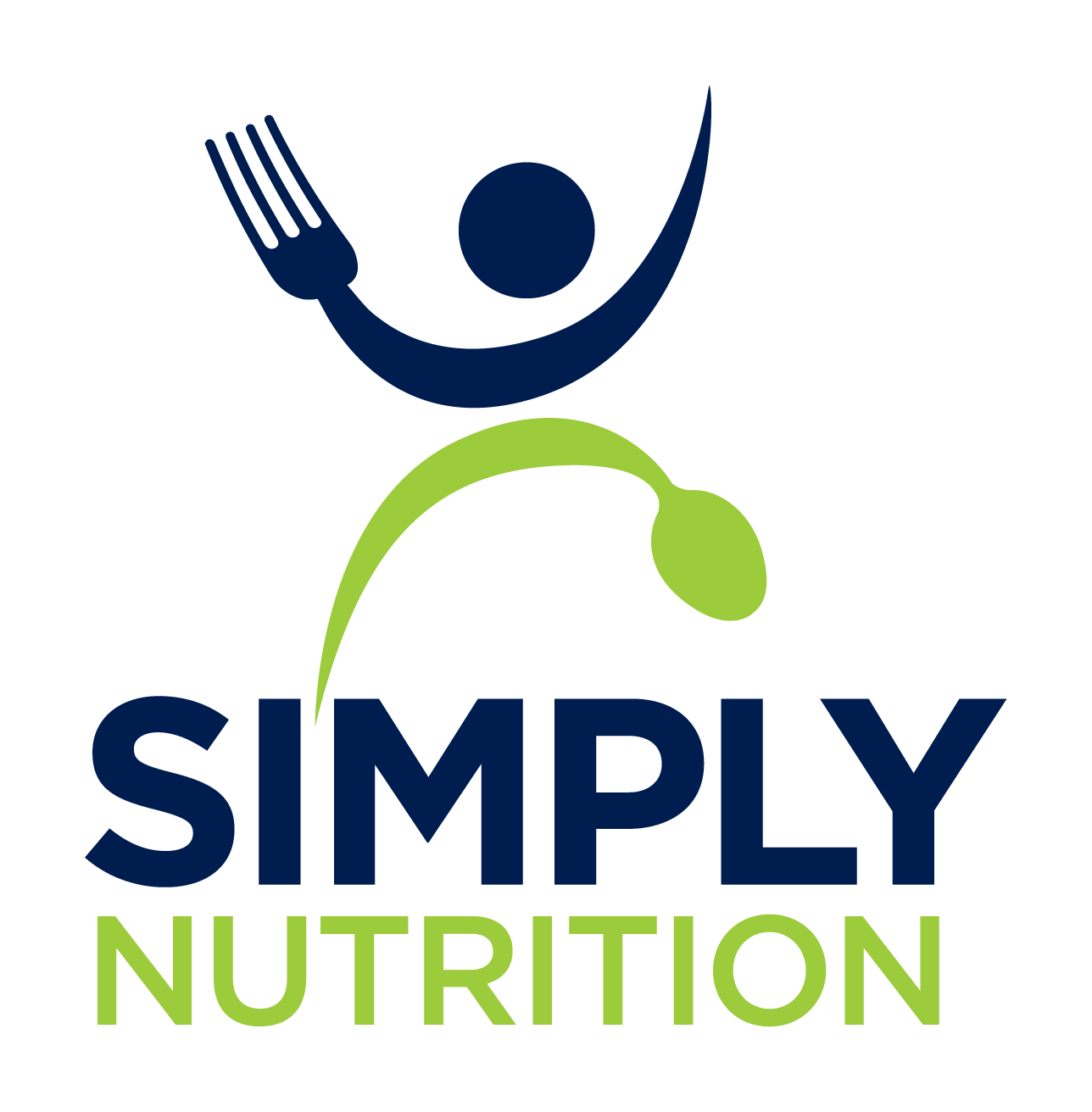Gluten: Friend, Foe or Fad?
Posted on April 29, 2019 at 11:18 am | General Wellness | simplynutrition
While keto, plant-based and counting macros have taken the “diet” spotlight, dietitians are probably always going to get the question “Should I be gluten free?” and while it may seem like a simple question, the answer can actually be a little bit more complicated. It can actually be all of the above!!

A gluten-free diet is not a weight loss diet…period. A large percentage of people are going to tolerate gluten just fine and don’t need to pursue a gluten-free lifestyle. You’re not going to gain anything by having a gluten-free brownie after your pizza… a gluten free brownie is still a brownie after all-it’s not necessarily any healthier. Many people trying a gluten free diet will indeed lose weight, but it is largely due to replacing processed foods with more whole foods-rather than just eliminating gluten (which is always a good idea anyways-gluten free or not).
A gluten-free diet is really a therapeutic tool for symptom relief in those that have been diagnosed with celiac disease or suspect a gluten sensitivity. While symptoms and treatment of the two can overlap-there are marked differences.
Celiac disease is an autoimmune disease (a disease where the body actually “attacks” itself) that occurs when the protein in wheat is consumed. When a person eats a gluten-containing food, the body reacts by “attacking” the cells in the small intestines, which, over time will cause flattening of the cells lining the small intestines. Over time, celiac disease will lead to malabsorption of nutrients-causing over 200 symptoms including anemia, osteoporosis and stunted growth. While it may not cause an immediate reaction, many will complain of abdominal pains or changes in bowel changes. Diagnostic testing is done by a gastroenterologist by taking a biopsy of the cells in the small intestine to look for changes.
A gluten sensitivity is more difficult to navigate, as there are no tests or biomarkers to look for when a sensitivity is suspected. In fact, gluten sensitivity has only recently become an accepted diagnosis after researchers found that gluten sensitivity actually occurs on a spectrum, with celiac being on one end, and gluten sensitivity to varying degrees being on the other. A person can fall anywhere on the spectrum, with symptoms being dose-dependent (how much gluten is consumed) and of varying severity.
While the mechanics of gluten sensitivity is still not fully understood, the thought is that gluten can cause a release of zonulin-a compound that weakens the connections between the top layer of cells in the gut. When these connections become weak, large food particles can get through the gut and into the bloodstream, causing an immune response by the body. Like celiac, a sensitivity can cause a multitude of GI and non-GI symptoms including abdominal pain, changes in bowel patterns, and bloating as well as headaches, brain fog and joint pain. Since there are not clinical tests to diagnosis a sensitivity, typically a dietitian will recommend a gluten free diet after they have fully ruled out celiac disease and if a patient is having unexplained GI or other systemic symptoms.
So what’s all this mean??? You can breathe a sigh of relief and eat your pasta. No need to jump on the gluten free train unless you have been diagnosed with celiac or suspect a gluten sensitivity. If your friend swears by the gluten free diet for weight loss, it is more than likely due to some food swaps that are going to be healthy for anyone. Interested in zucchini noodles instead of pasta? Yes, please-get in those veggies-nothing wrong with that!
BUT with either of the cases above-celiac or gluten sensitivity-a gluten free diet is the only treatment and needs to include a 100% adherence to avoid triggering an immune response. Even small amounts of gluten can cause pain and discomfort in both cases and can decrease quality of life. If you suspect you may have a sensitivity, it’s always a good idea to meet with a dietitian to help guide you in the process and ensure you are getting adequate nutrients.



